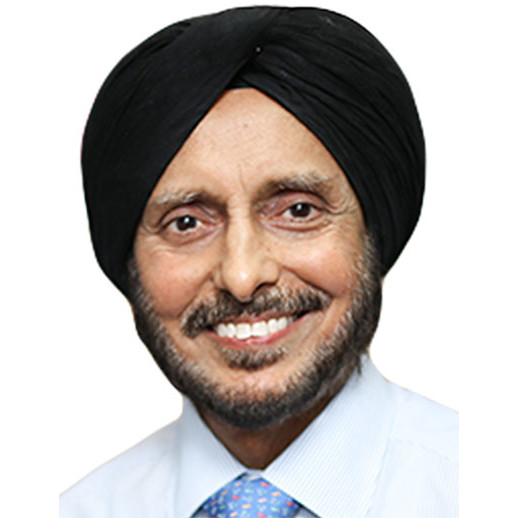Coronary heart disease is also called coronary artery disease and is a cardiovascular disease of the heart. The heart is an organ that pumps oxygen-rich blood to different parts of the body through the arteries.
Excessive cholesterol levels in the blood cause fatty deposits to stick to the walls of the arteries. Atherosclerosis occurs due to excessive cholesterol levels in the blood that cause fatty deposits called plaque to stick to the walls of the arteries. This causes the narrowing the blood’s passageway, reducing or cutting off the supply of oxygen to the heart. Plaque can also form a blood clot which also blocks oxygen delivery to the heart.
Coronary Angiography
A coronary angiography is a diagnostic procedure to observe how blood flows through the heart’s arteries heart’s and blood vessel function
Echocardiogram
An echocardiogram is a form of ultrasound which shows your heart's movement, structure, and function.
Electrocardiogram (EKG or ECG)
An electrocardiogram records the electrical impulses traveling through the heart.
Imaging Test
Cardiac imaging tests are done with ultrasound or CT scan to check the size of your heart and if there is fluid build-up surrounding organs.
Stress Test
A stress test is done by monitoring your heart function while you run on a treadmill and provides information about the likelihood of coronary artery disease.


